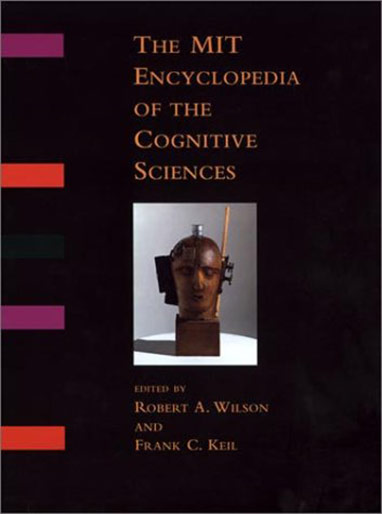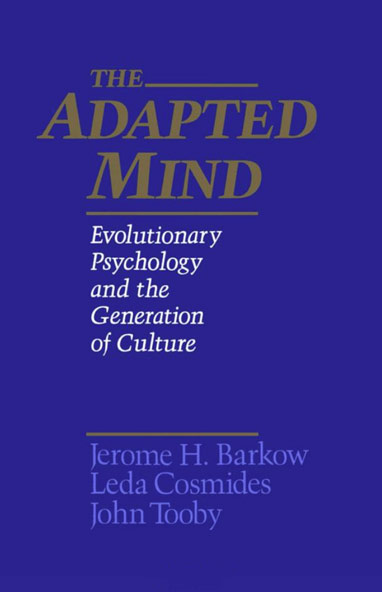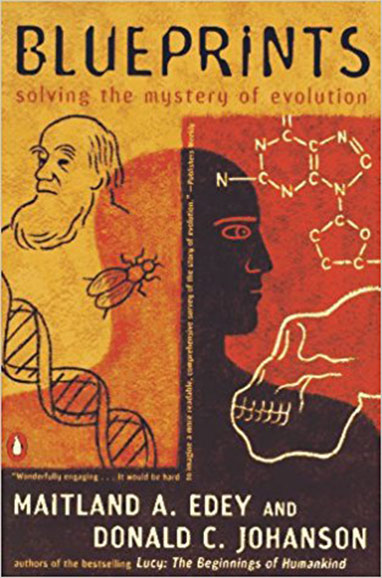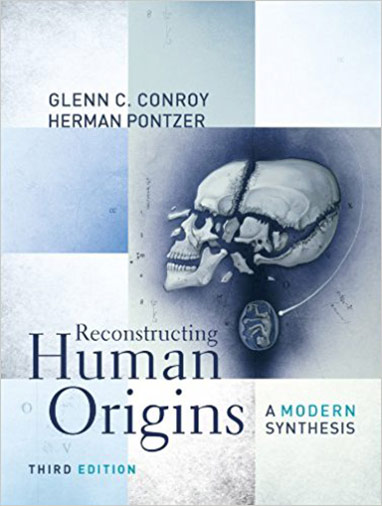
The MIT Encyclopedia of the Cognitive Sciences
Edited by
The MIT Encyclopedia of the Cognitive Sciences (MITECS) is a landmark, comprehensive reference work that represents the methodological and theoretical diversity of the changing field of cognitive sciences. At the core of the encyclopedia are 471 concise entries, from Acquisition and Adaptationism to Wundt and X-bar Theory. Each article, written by a leading researcher in the field, provides an accessible introduction to an important concept in the cognitive sciences, as well as references or further readings. Six extended essays, which collectively serve as a roadmap to the articles, provide overviews of each of six major areas of cognitive science: Philosophy; Psychology; Neurosciences; Computational Intelligence; Linguistics and Language; and Culture, Cognition, and Evolution. For both students and researchers, MITECS will be an indispensable guide to the current state of the cognitive sciences.
“At last, a thorough, authoritative source for work in the cognitive sciences. Take the most important topics in the study of cognition, ask the world’s top authorities to summarize the state of the art, and you have it: The MIT Encyclopedia. I have already used it to learn, to browse, to inform, to teach, and to update my own understanding. It doesn’t matter which end you seek: the book will frequently be in use.“ —Donald A. Norman, The Nielsen Norman Group; Professor Emeritus, Department of Cognitive Science, UC, San Diego; and author of The Invisible Computer
“When I come across certain concepts or ideas during the class discussions or in our texts that I’m unclear about, I often refer to the encyclopedia for a concise, well-written overview of that particular topic. On each occasion, I’ve always been able to find at least one relevant article. The information that I’ve been able to walk away with has been so very helpful. I find the entries to be quite accessible even to beginning philosophy students like myself, without being oversimplified or vague. I love surfing the encyclopedia after class, as it also serves to reinforce key issues that were discussed during the lecture.“ —Diana Applegate, student, Bryn Mawr College
“Among the human mind’s proudest accomplishments is the invention of a science dedicated to understanding itself: cognitive science. In less than fifty years, deep mysteries of antiquity have been brought into the lab and captured in rigorous theories. This volume is an authoritative guide to this exhilarating new body of knowledge, written by the experts, edited with skill and good judgment. If we were to leave a time capsule for the next millennium with records of the great achievements of civilization, this volume would have to be in it.“ —Steve Pinker, Professor of Psychology, MIT, and author of How the Mind Works and The Language Instinct
“The Cognitive Sciences emerged in recognition of the fact that scholars and scientists in many different fields shared common problems and needed to collaborate. Now at last The MIT Encyclopedia of the Cognitive Sciences has provided a forum large enough for that interaction to occur–a forum that will not only facilitate cooperation but will educate a new generation of cognitive scientists.“ —George Miller Professor of Psychology Emeritus,Princeton University
Category: Discovering Our Distant Ancestors
Subjects: cognitive science, culture, evolution, linguistics, neuroscience, philosophy, psychology
- All Books by Section
- Our Contributors' Book Reports
- Books Referenced in Human Journey Sections:
- Journey of the Human Mind
- Discovering Our Distant Ancestors »
- The Evolution of Language
- Ideas that Shaped Our Modern World »
- Paleolithic Beginnings
- Connecting with the Gods
- Axial Age Thought
- Origins of Christianity
- Origins of Islam
- The Journey of Classical Greek Knowledge to the Western World
- Stories and Storytelling
- Tools and the Development of Contemporary Society »
- A Sustainable Planet
- The Changing World Economy »
- Health and Education in the Modern World »
- Our Mind in the Modern World »





